Professional Courses
Industry-relevant training in Business, Technology, and Design
Categories
Interactive Games
Fun games to boost memory, math, typing, and English skills
Typing
Memory
Math
English Adventures
Knowledge
A Detailed Breakdown of the IB Syllabus & Its Key Learning Areas

The International Baccalaureate (IB) is a curriculum for students which is widely respected around the world. It centres the curriculum around its six subject groups and three core elements, designed to help students develop full academic knowledge, as well as research skills, critical thinking and an awareness of the world around us. Clear and comprehensive, this IB Study Guide focuses on the IB syllabus as you go through its core learning outcomes and supporting topics to help you succeed in higher education.
Overarching IB Framework
The IB curriculum is focused on developing students academically, personally and ethically. Students must choose one course from each of Groups 1 through 5, and a sixth from Group 6 or an alternative in Groups 1–5. Three to four subjects are studied at Higher Level (HL) with about 240 teaching hours each, and the rest at Standard Level (SL) with roughly 150 hours. HL requires in-depth content engagement, providing analytical rigour appropriate to learners studying at this level of the education system.
Core Components: EE, TOK, CAS
Exclusive to IB, these core components wrap around subject-based studies and personal development.
The Extended Essay (EE) is an independently researched 4,000-word paper on a topic of a student’s own choice. It helps students learn how to pose research questions, evaluate sources, structure arguments and present conclusions coherently and develop skills that are necessary for college essays and academic work beyond.
Theory of Knowledge (TOK) explores how we know what we know. In this philosophical aspect, students consider what knowledge is, examine bias and curate an exhibition plus write an essay. Together, TOK and EE can add up to 3 bonus points to the IB mark.
Creativity, Activity, Service (CAS) involves experiential learning through service projects, physical activities, and creative tasks. While it is not graded, CAS is required for diploma eligibility and encourages empathy, leadership, and a well-rounded development.
Group 1: Language and Literature Studies
This group focuses on the student’s first language. Classes include literary studies, text interpretation and communication. Texts can be works of early literature or contemporary non fiction. Standard Level students write further essays and oral exams, which offer higher writing skills and prepare for critical thinking expected by universities.
Subject Group 2: Language Acquisition
Group 2 teaches a second language. In addition to the required courses listed, students must undertake one of the following options:
- Students may select Language B, for students with a language background,
- or ab initio, for beginners.
Languages can be French, Spanish, Hindi or Kannada. The goal is to promote fluency and intercultural competence. Students are typically prepared for a bilingual diploma by taking two Group 1 languages, or by pairing a language B with another subject.
Group 3: Individuals and Societies
This curriculum group spans humanities and social sciences such as: History, Economics, Business Management, Global Politics, Geography, Psychology, Philosophy, and IT in a Global Society (ITGS). The focus is on critical thought as well as on ethical thought, and real‑world application. ITGS projects, for example, require students to develop solutions for social issues using technology.
Subject Group 4: Experimental Sciences
Group 4 is made up of Biology, Chemistry, Physics, Computer Science, Design Technology and collaborative options including ESS (Environmental Systems & Societies). This knowledge is imparted to students through theoretical instruction, internal assessments and laboratory studies. Recent changes to the syllabus have put more focus on concepts and design thinking other than rote memorization.
Their contemporary successors contain hands-on scientific inquiries and group efforts. ESS is credited for Group 3 (individuals and societies) and Group 4 (experimental sciences), which provides students a greater variety of subjects to choose from.
Subject Group 5: Mathematics
There are two maths courses offered by the IB: Analysis and Approaches (AA) and Applications and Interpretation (AI). AA is theoretical and computational, great for students who want to study STEM, while AI is suited for data driven fields such as economics or sociology. Both are offered at HL or SL. Further Mathematics HL is also available (in some schools) only as an advanced elective.
Group 6: The Arts and Electives
Group 6 encourages creativity through the disciplines of Visual Arts, Music, Theatre, Dance, and Film. Students may also select another subject from Groups 1–5 if they are not interested. Classes combine practice with theory in order to promote interdisciplinary connections. Some schools offer combination subjects such as Literature and Performance in Group 1/6.
Key Learning Areas & Skills Developed
IB focuses on a number of areas of learning in all subjects and their substantive content:
- Critical thinking & reflection: Through TOK and EE, students learn to reflect on knowledge, question assumptions, and evaluate viewpoints.
- Research & inquiry: Extended Essay builds independent research abilities, structuring evidence and arguments.
- Communication skills: Languages, TOK, and group projects teach writing, speaking, presenting, and articulation.
- Approaches to Learning (ATL): IB includes ATL skills such as thinking, research, communication, collaboration, self‑management, and reflection organized into five categories.
- Interdisciplinary awareness: Subjects like ESS, global politics, and literature integrate global issues, sustainability, and ethical concerns across disciplines.
These are the broad skills that top universities value and support lifelong learning.
Workload, Assessment & Diploma Requirements
IB exams consist of external exams and internal assessments (IAs). Papers are usually in May or November and include structured and essay planning questions. School-based assessments are subject-specific: They include lab reports for science, essays or orals for humanities and languages, mathematical explorations for math, and performances or portfolios for the arts.
To qualify for the diploma, students are required to:
- Study six subjects across groups
- Complete TOK, EE, and CAS satisfactorily
- Achieve minimum IB grading criteria—FAILING grade in TOK or EE means the diploma is not awarded
Recent IB Syllabus Updates
- Greater focus on sustainability and global contexts across subjects
- New digital tools for maths and sciences
- Revised Computer Science syllabus introduced around 2025–2027 timelines
To negotiate those changes, the official curriculum guides and coordinator's notes have to be consulted, available on websites like AllRounder.ai.
University Admissions & Global Recognition
IB diplomas are widely accepted by universities around the world. Admissions officers appreciate the program’s rigor, independent research aspects, and focus on holistic growth. Good HL subject scores often translate into college credit or placement in top universities. IB students are often viewed as more well-prepared for critical writing and interdisciplinary coursework.
Advantages Over Other Curricula
Unlike CBSE or ICSE, in IB, assessment is not to be a one shot affair but to go on throughout and beyond schooling. The EE and TOK are products that emphasise depth, not breadth. HL courses offer deep dives into key subjects. CAS encourages students to learn through service and action. Together, these foster students who can think critically, articulate effectively, act ethically and find resonance in global themes at home and abroad.
Real-World Examples
A student researching the impact of climate change on urban design in an Extended Essay practice reflects interdisciplinary thinking. Another choosing Global Politics and ESS explores government policy and environmental science. A Visual Arts student may build a digital portfolio linked with TOK reflections. These experiences parallel the experiences that IB alumni would have at colleges around the world.
Frequently Asked Questions (FAQ)
Q: How many subjects are required for the IB diploma?
A: Six subjects (one from each Group 1–5, and a sixth from Group 6 or a permitted substitute). Three or four subjects must be at Higher Level.
Q: What are HL and SL levels?
A: HL subjects involve 240 instructional hours, more depth, and often prepare students for university majors. SL subjects involve about 150 hours with broader focus.
Q: How do core components contribute to the diploma?
A: TOK and EE can add up to 3 bonus points. CAS must be completed but does not add points officially.
Q: Can students opt out of the core or take fewer subjects?
A: Yes, they may take individual IB subjects as certificates rather than the full diploma, but will not receive the diploma.
Final Thoughts
The IB Diploma Programme is a rigorous and globally respected curriculum. Its six-subject structure ensures breadth, while TOK, EE, and CAS guarantee depth, reflection, and holistic growth. Graduates will have developed research skills, critical understanding, and independent study skills. These are qualities that universities around the world appreciate, which is why the IB programme makes an excellent foundation for university success and future life.
Explore IB Courses at AllRounder.ai
Class 11 IB Resources
Class 12 IB Modules IB Learning Games
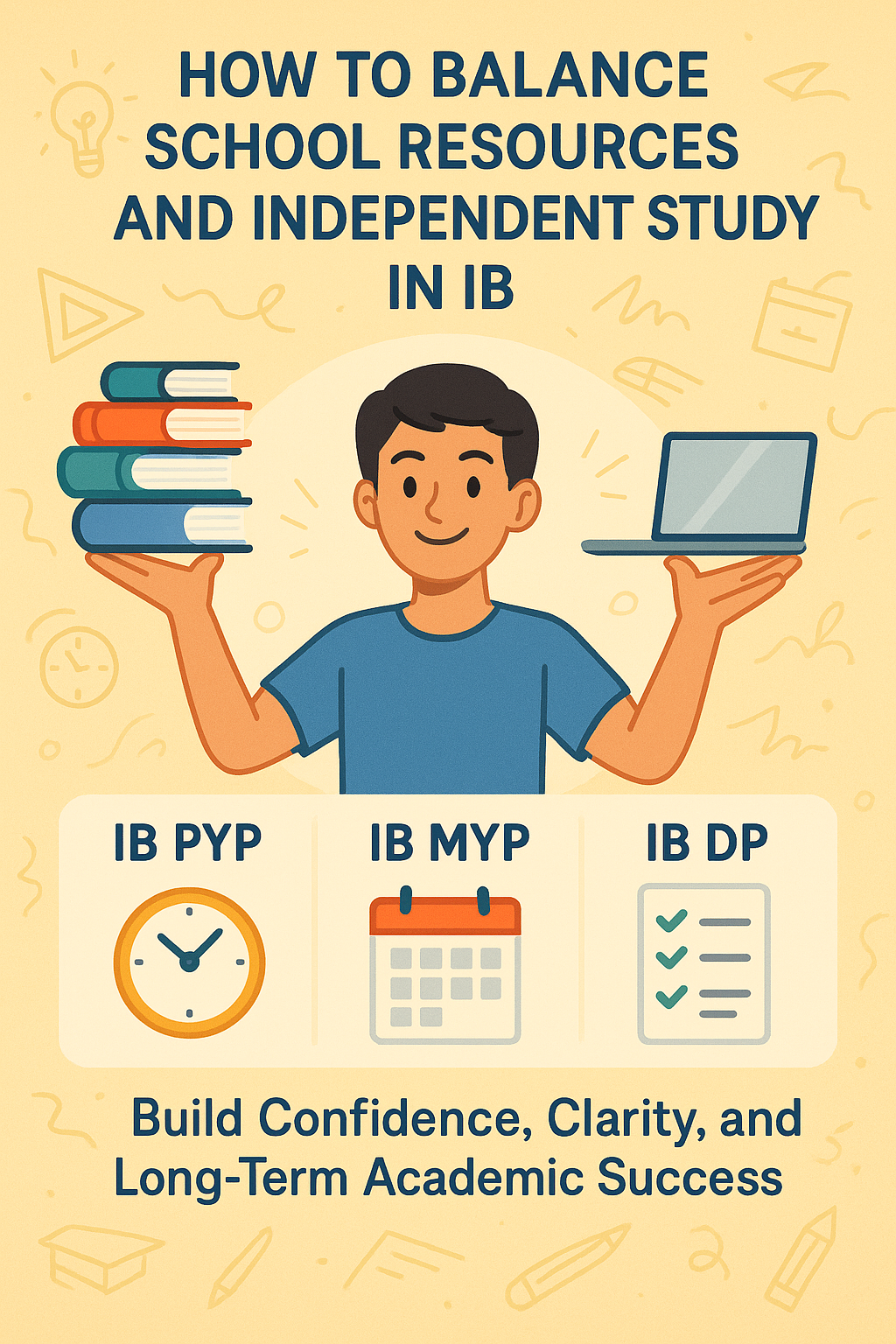
Learn how IB students can balance school resources and independent study across IB PYP, MYP, and DP to build...
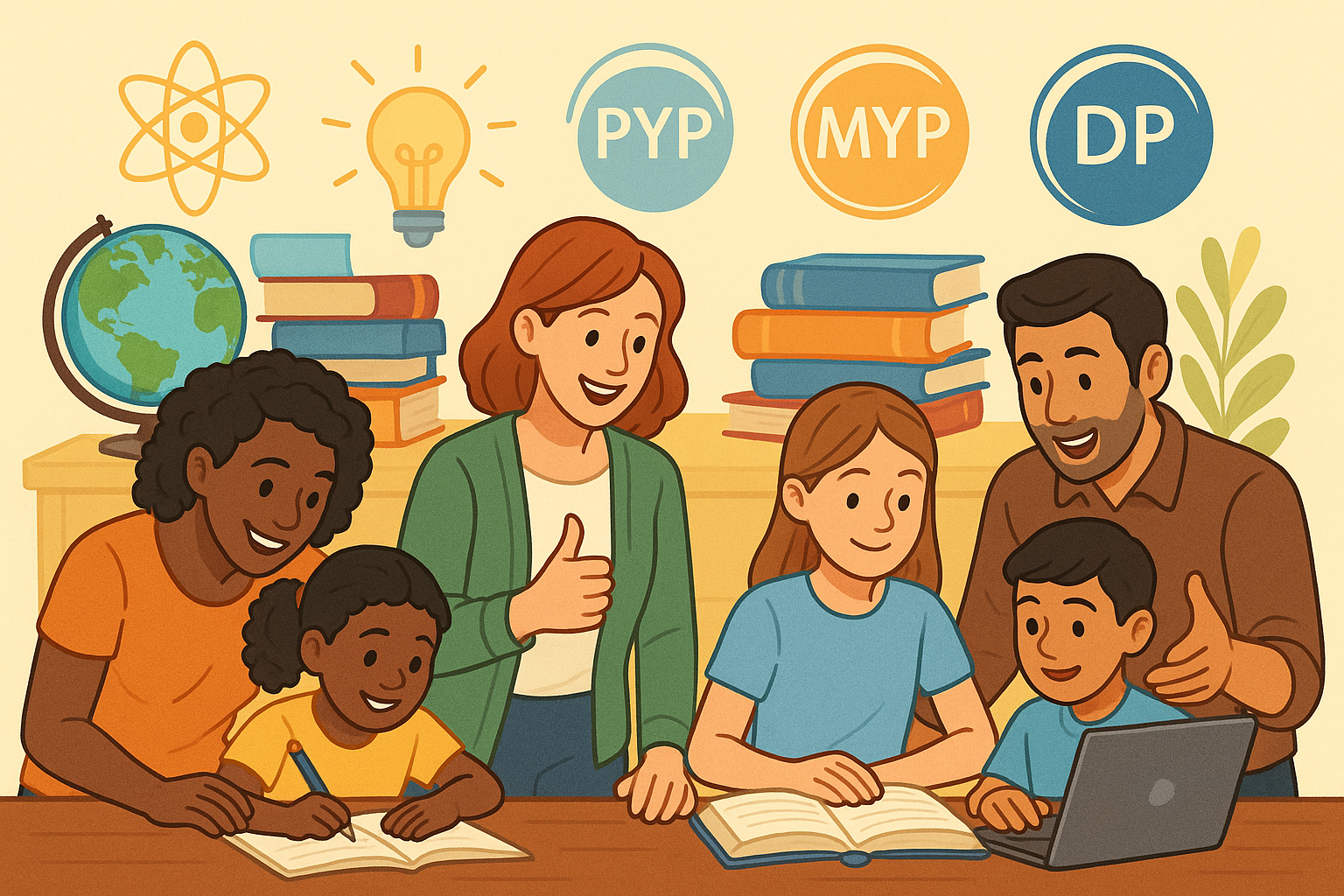
Learn how parents can identify quality academic support for IB learners that aligns with IB PYP, MYP, and DP values...
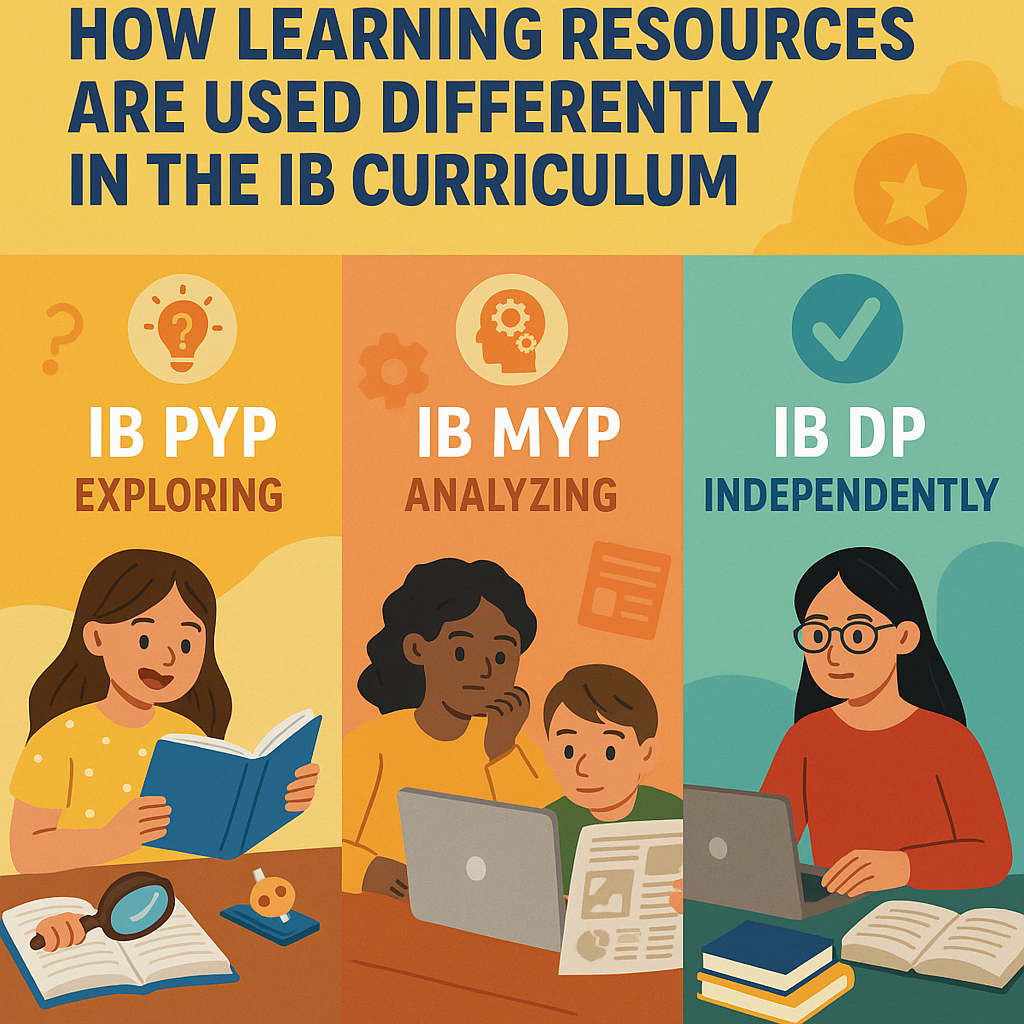
Discover how learning resources are used differently in the IB curriculum and how IB PYP, MYP, and DP students...
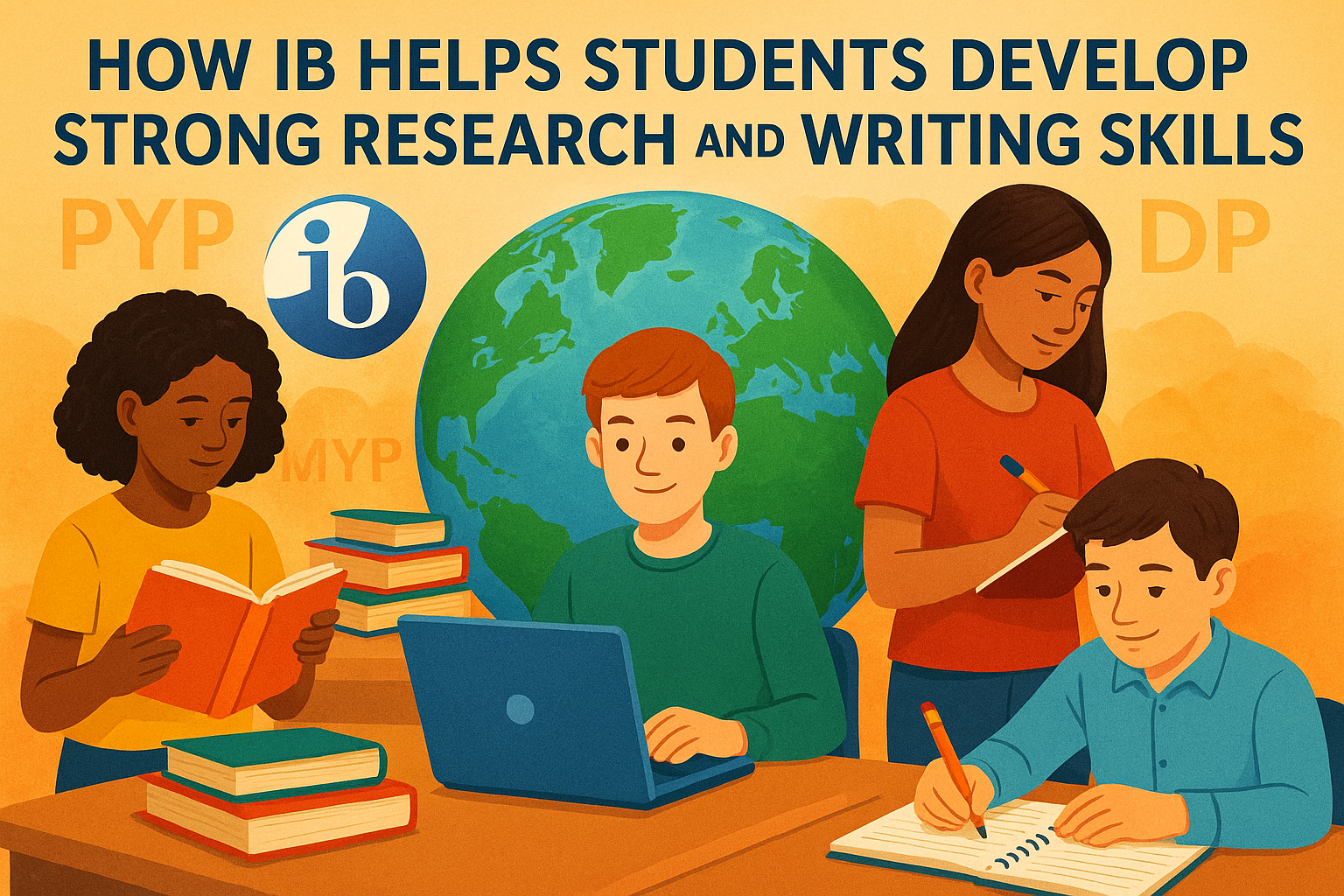
Learn how the IB curriculum helps students develop strong research and writing skills across IB PYP, MYP, and DP,...
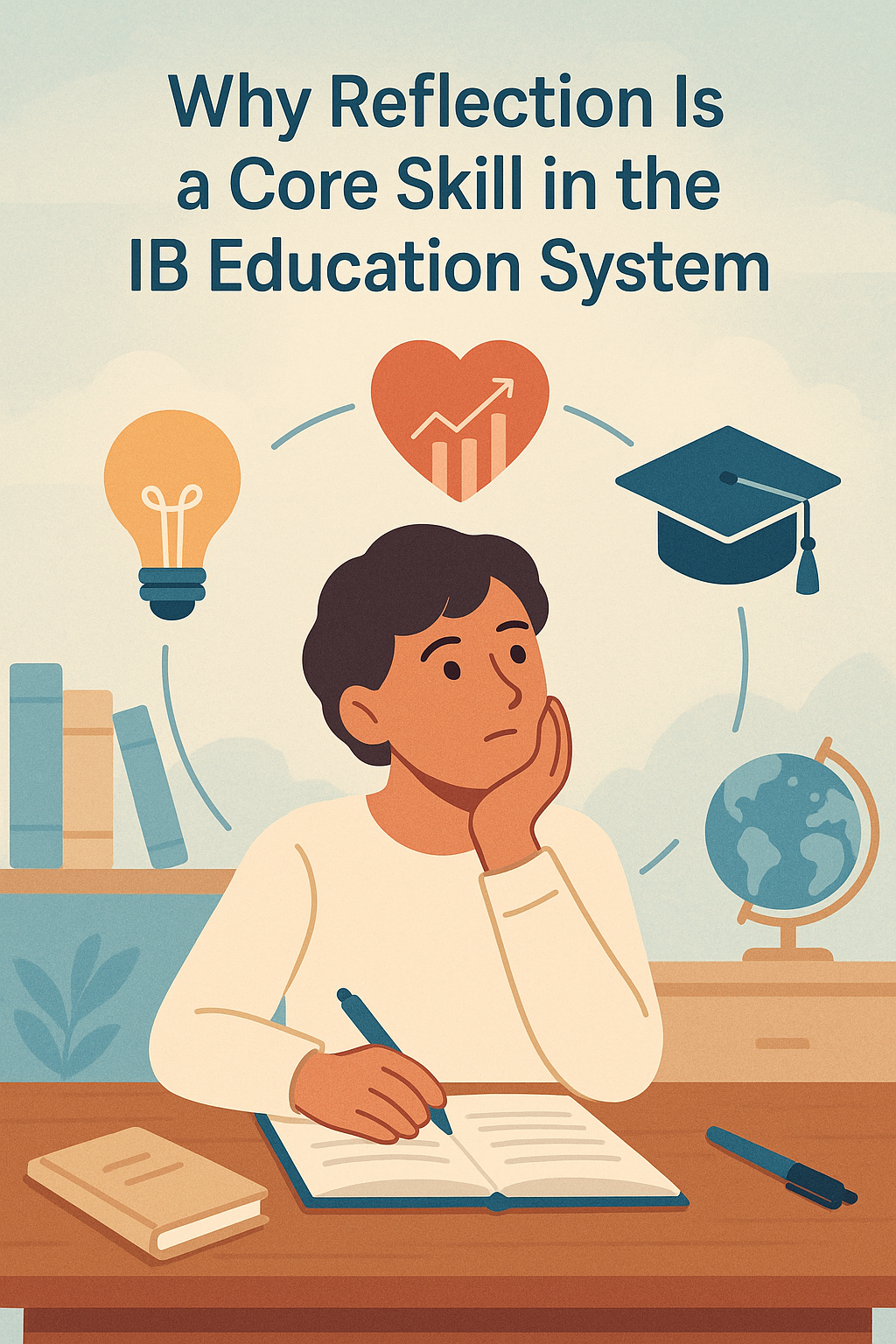
Discover why reflection is a core skill in the IB education system and how it supports independent thinking,...
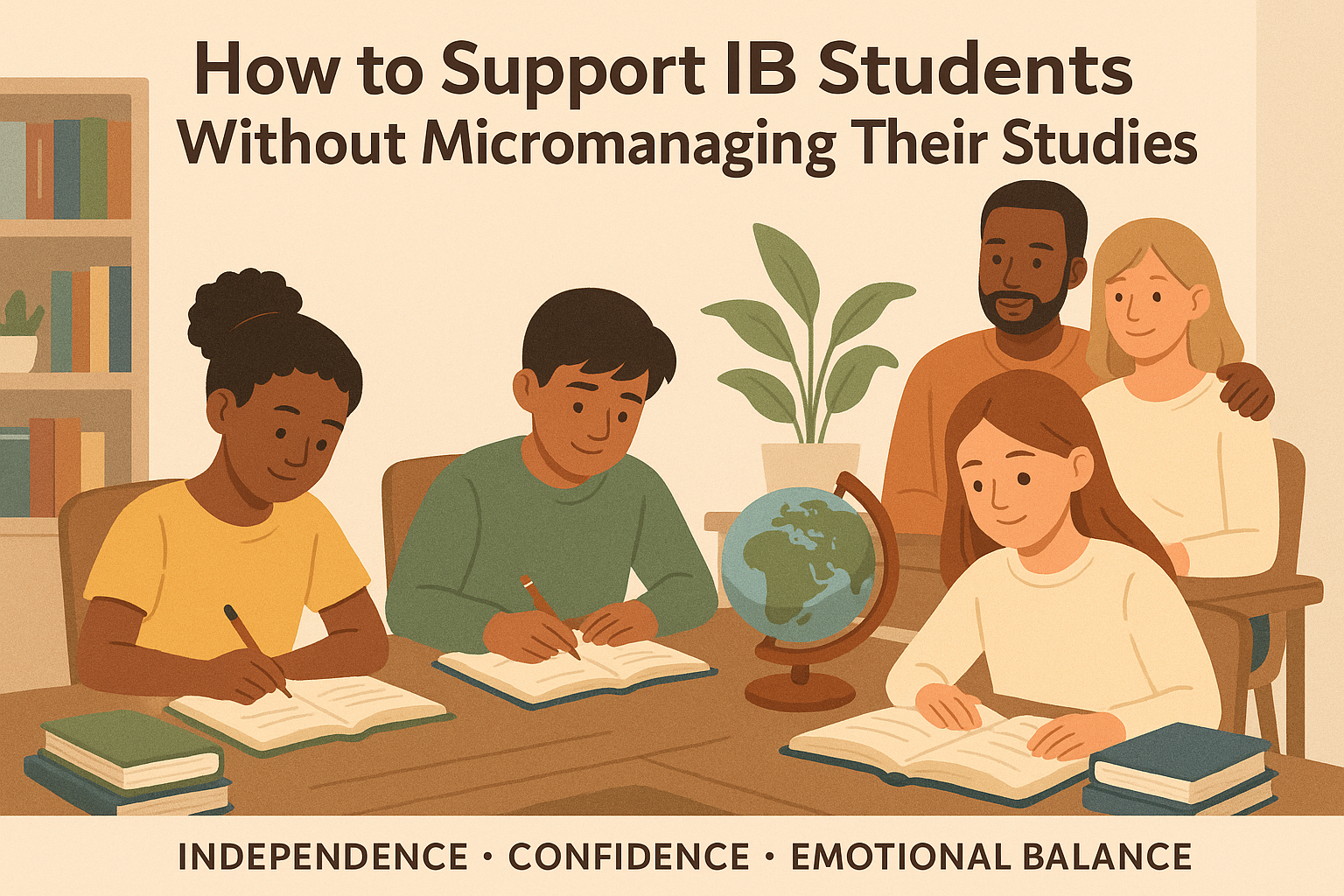
Learn how parents can support IB students across IB PYP, MYP, and DP without micromanaging, while building...
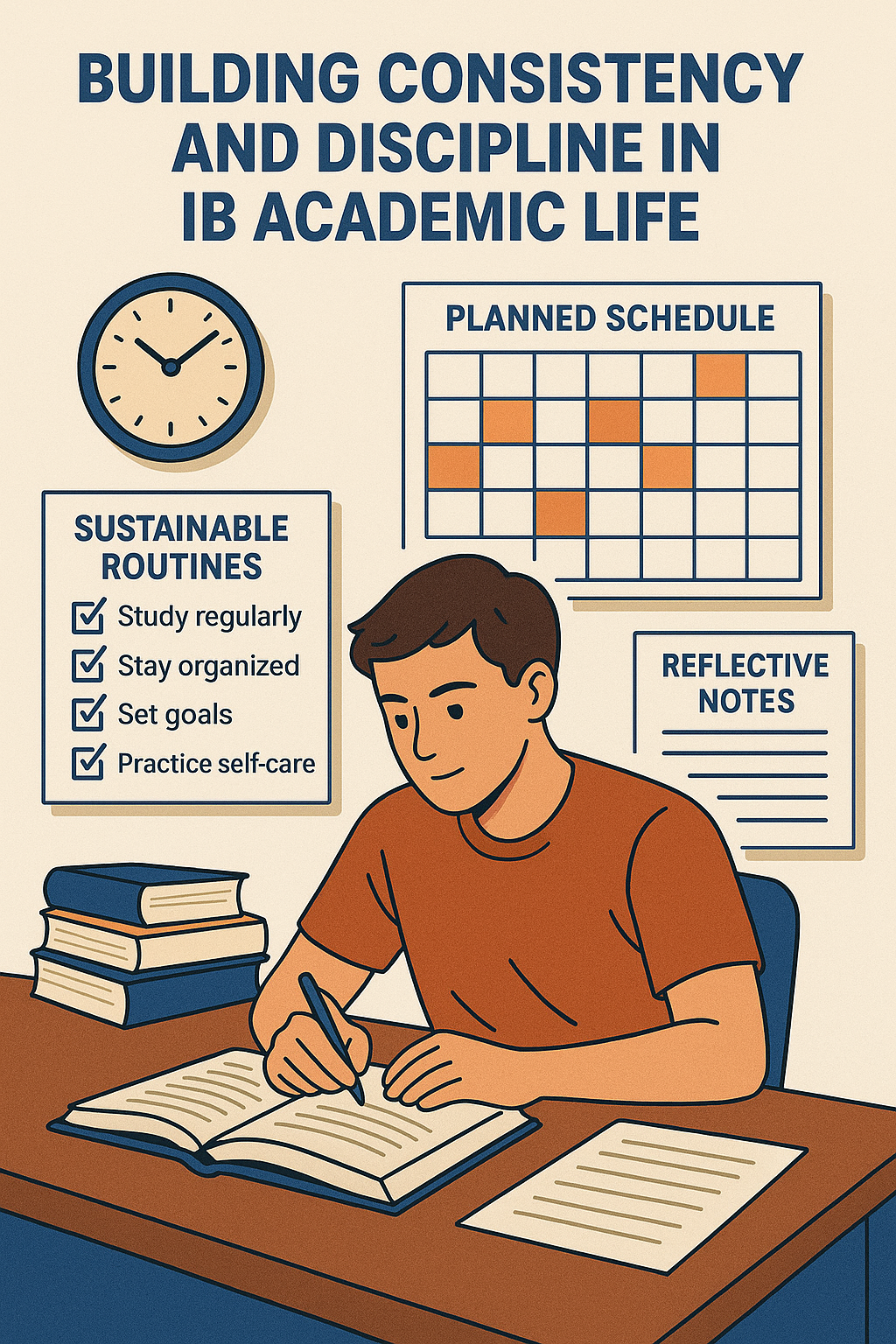
Learn how IB students can build consistency and discipline through sustainable routines, reflective habits, and...
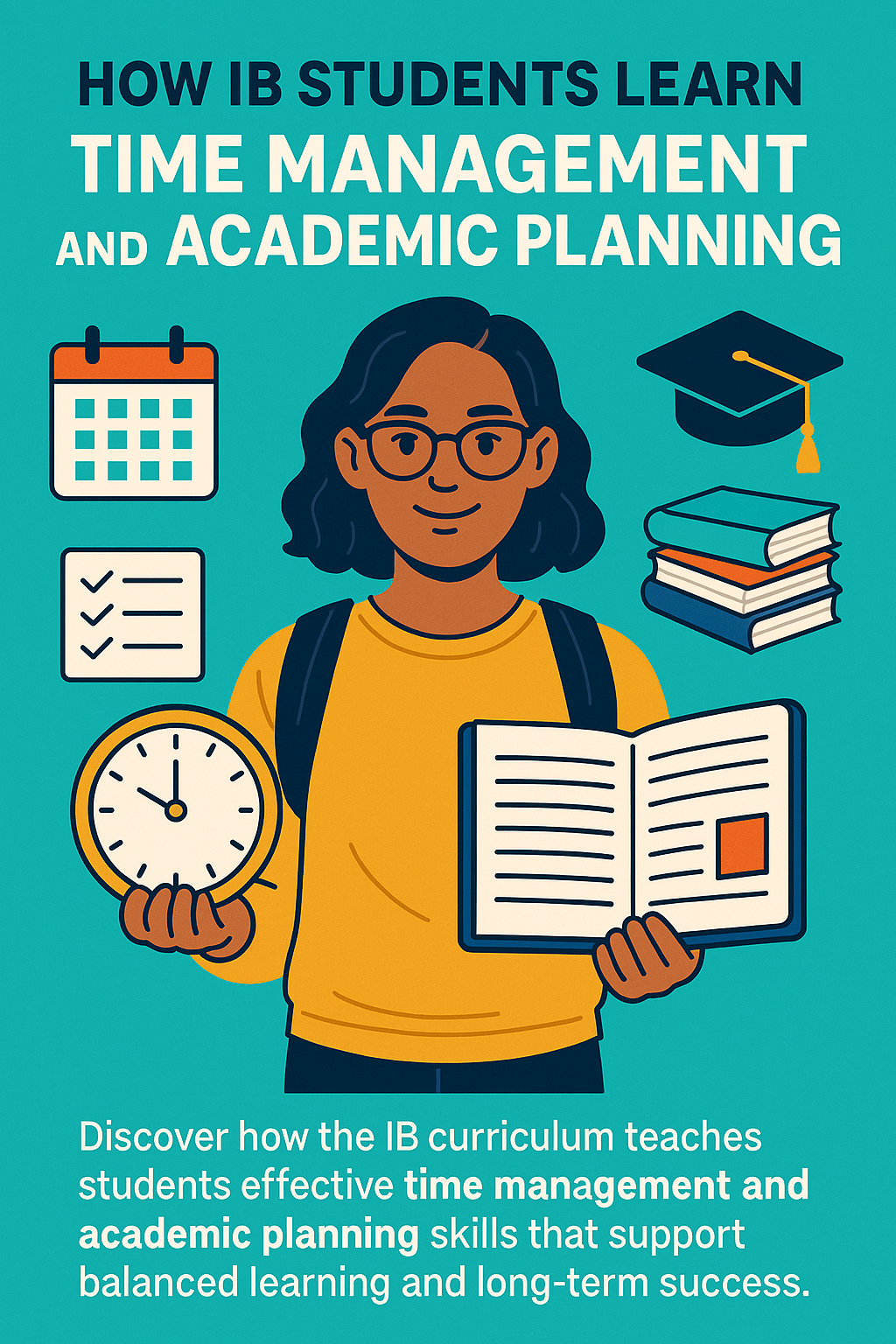
Discover how the IB curriculum teaches students effective time management and academic planning skills that support...
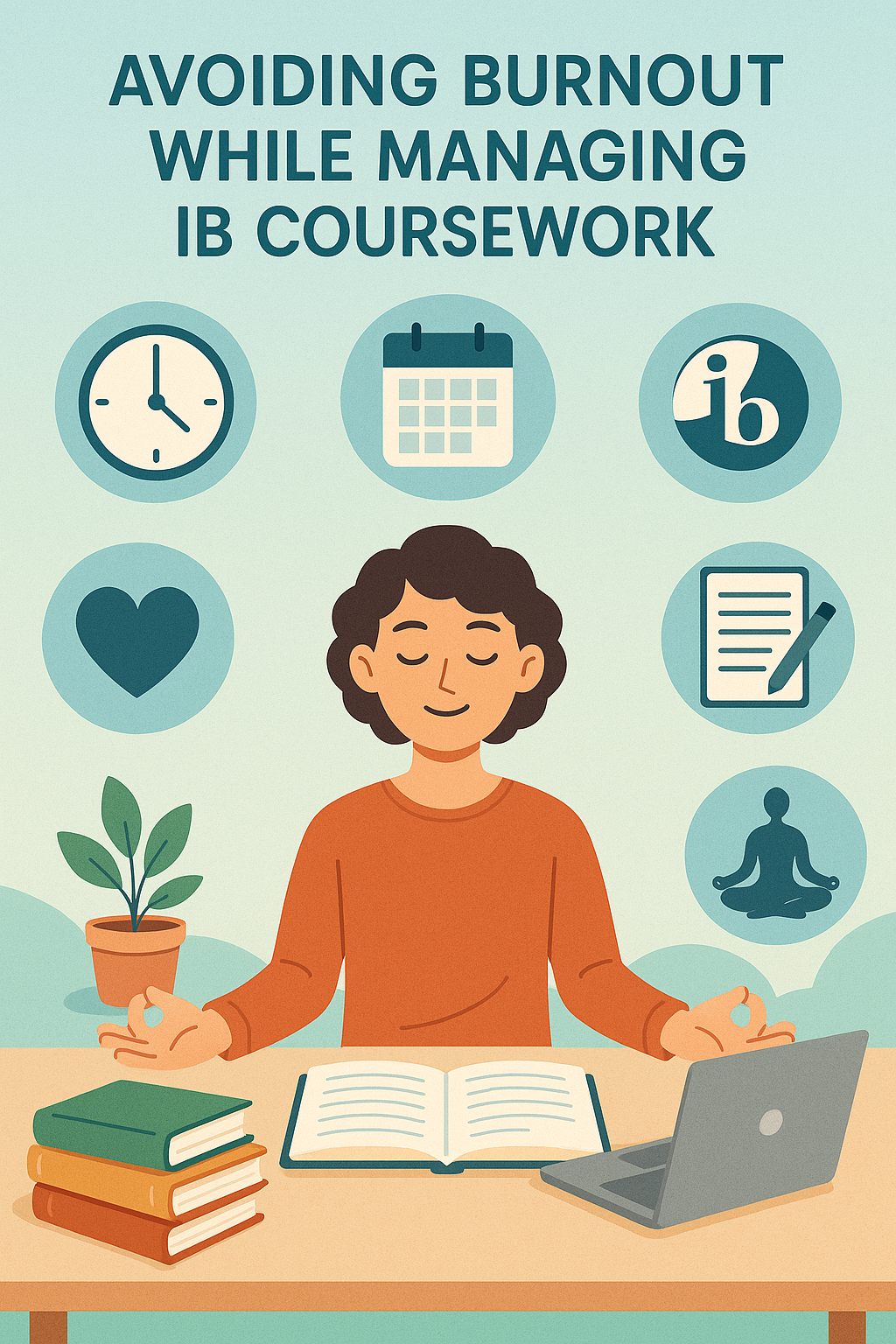
Learn how IB students can avoid burnout while managing coursework by building balanced routines, aligning study...
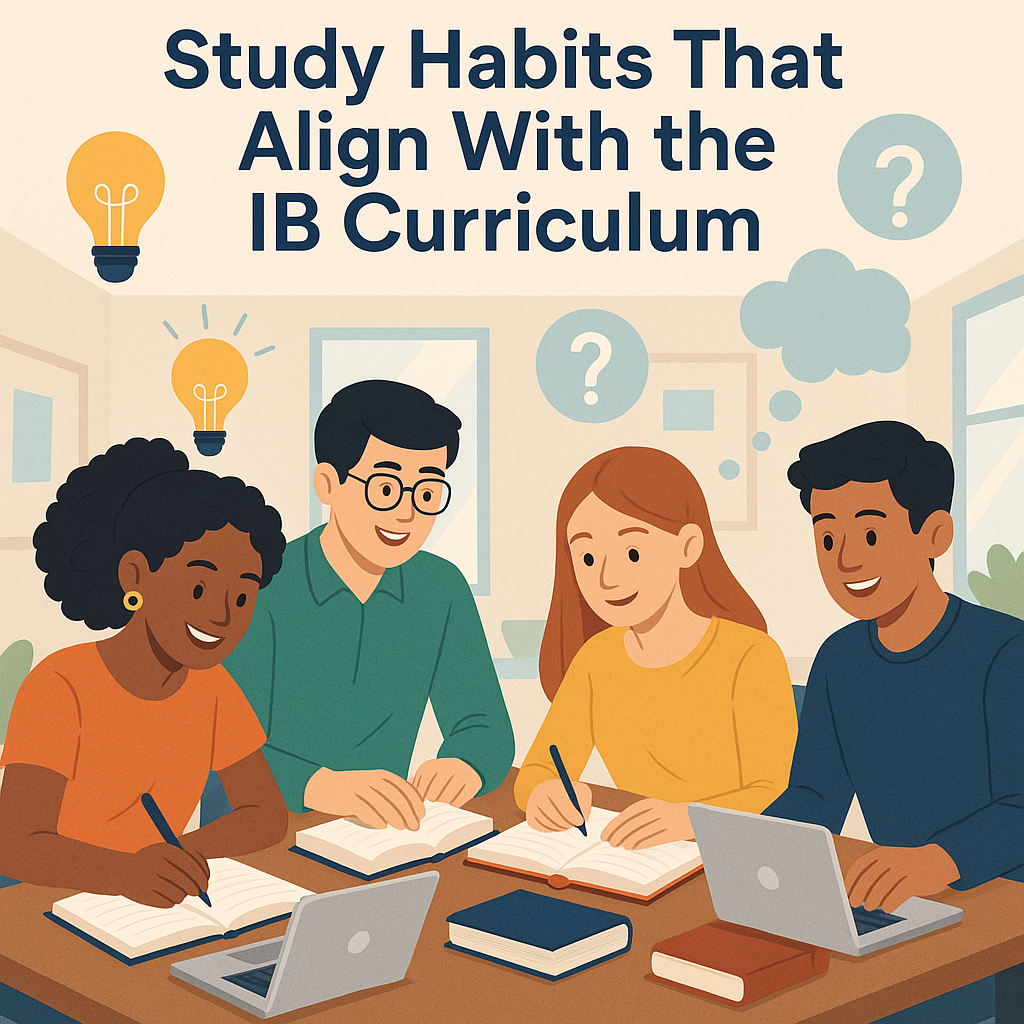
Discover study habits that align with the IB curriculum and help students succeed through inquiry-based learning,...
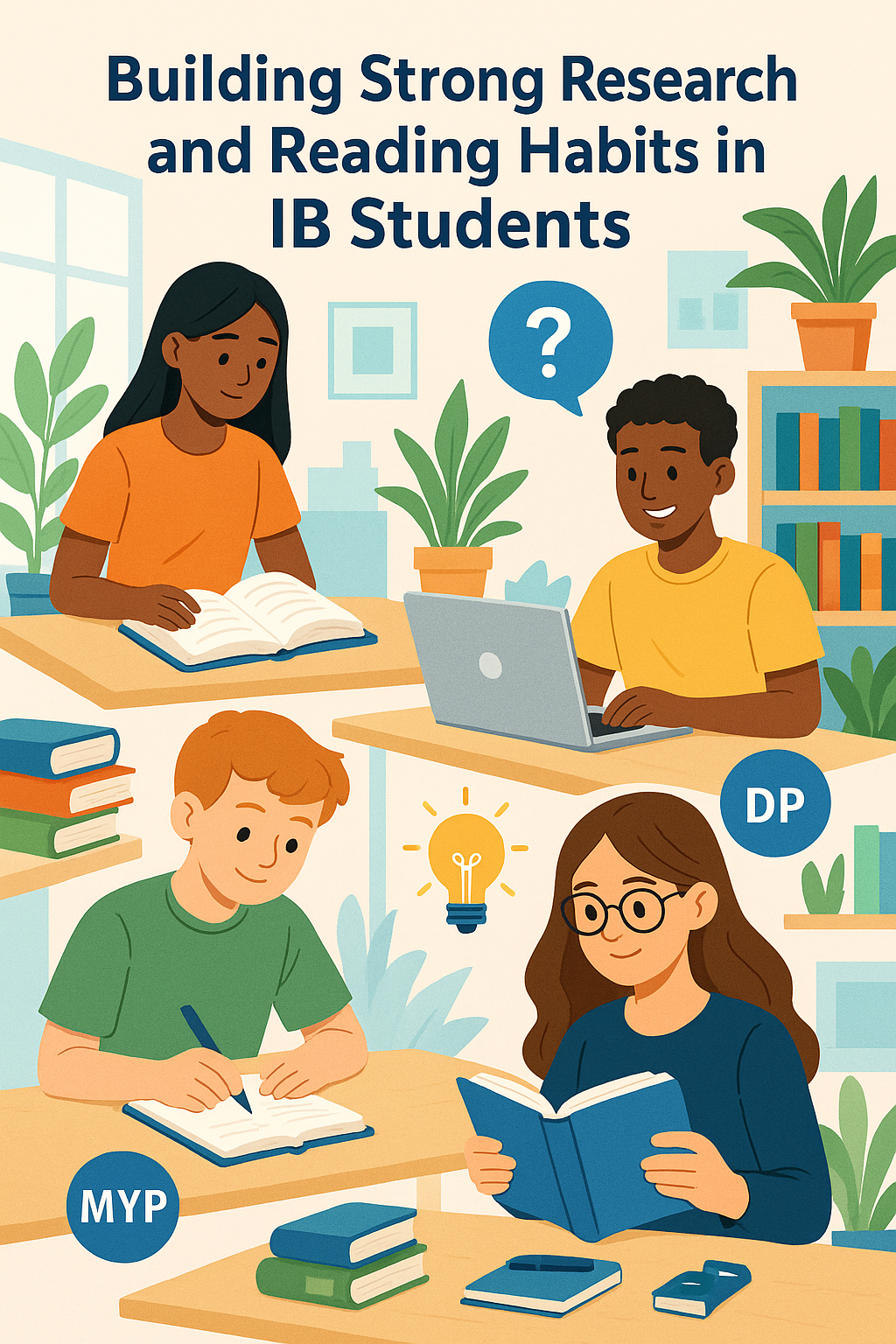
Learn how the IB curriculum builds strong research and reading habits through inquiry-based learning, reflection,...
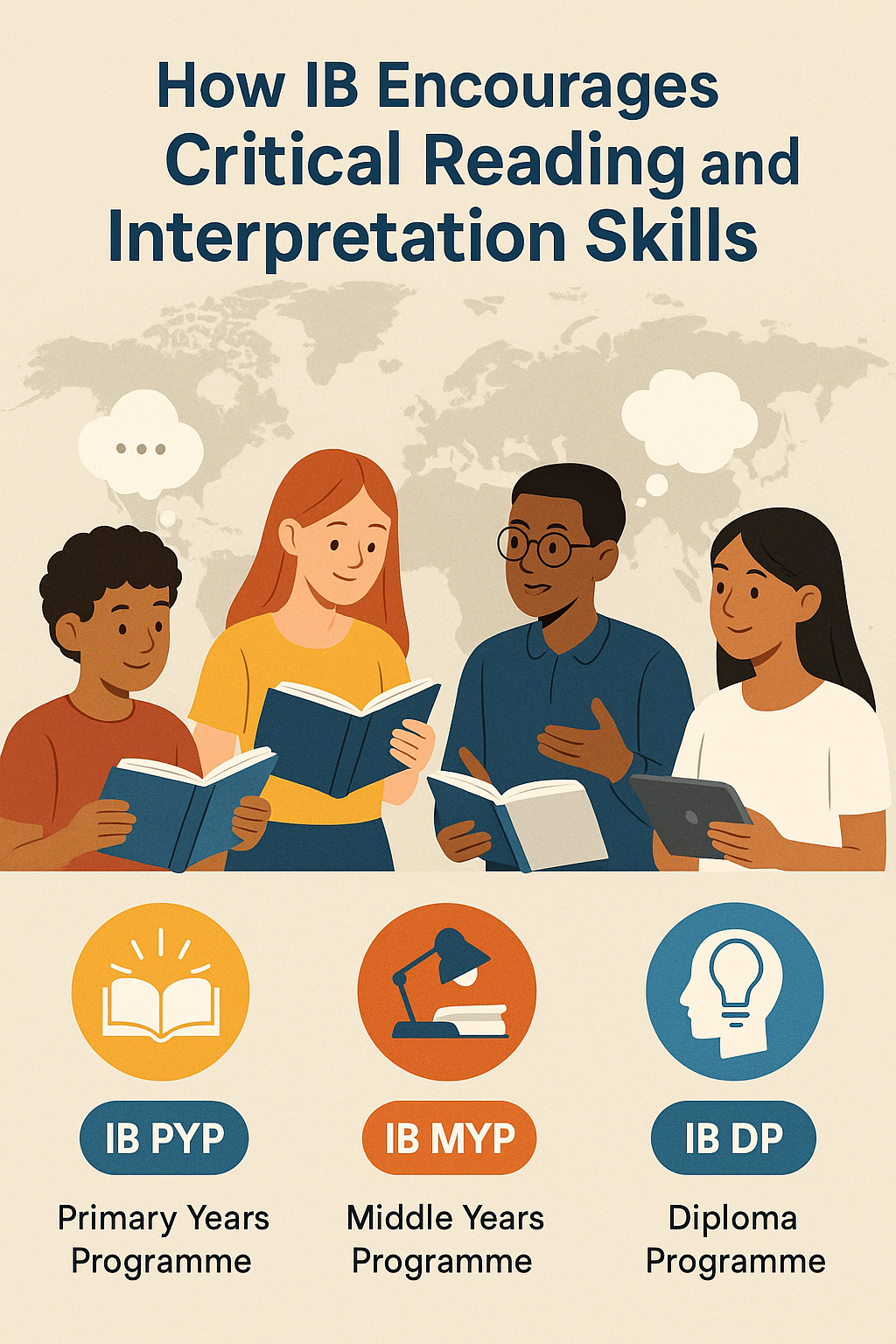
Discover how the IB syllabus builds strong critical reading and interpretation skills through inquiry-based...
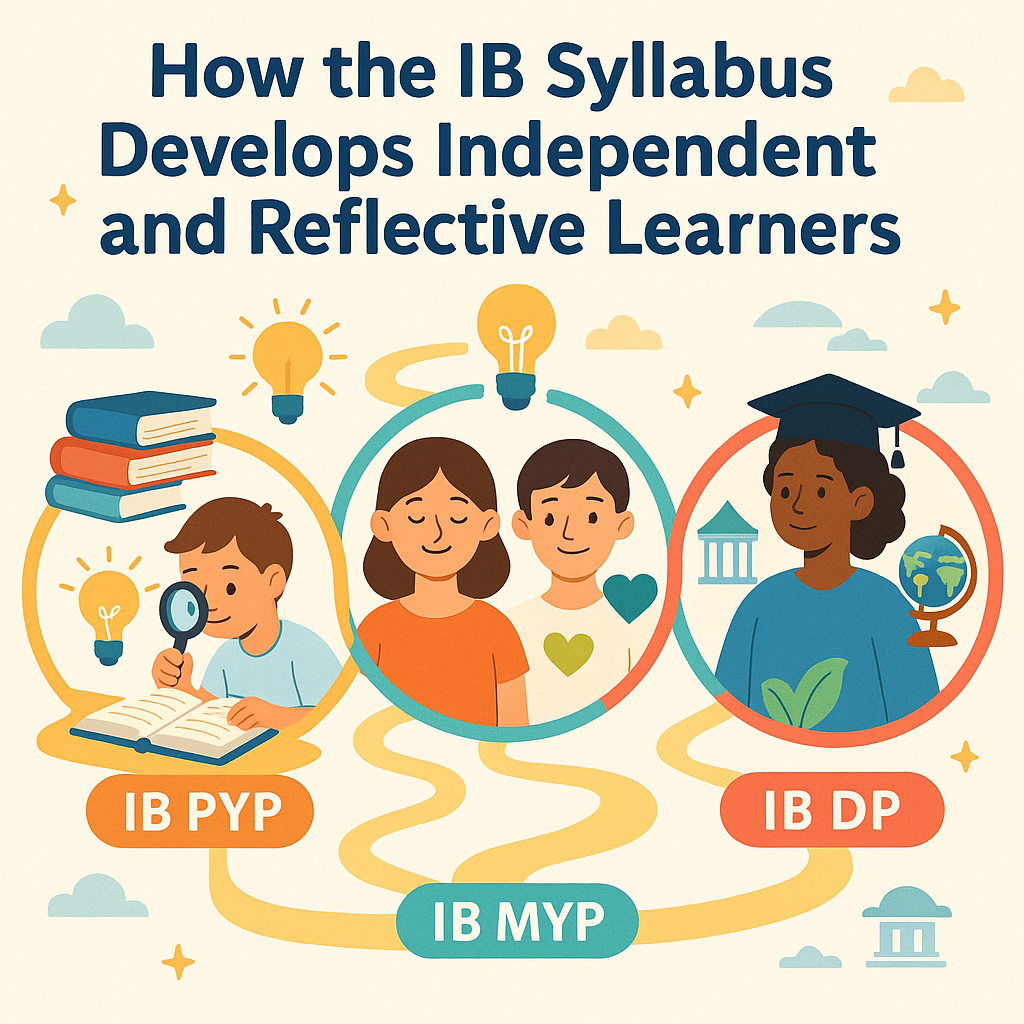
Discover how the IB syllabus builds independent and reflective learners through inquiry-based learning, emotional...
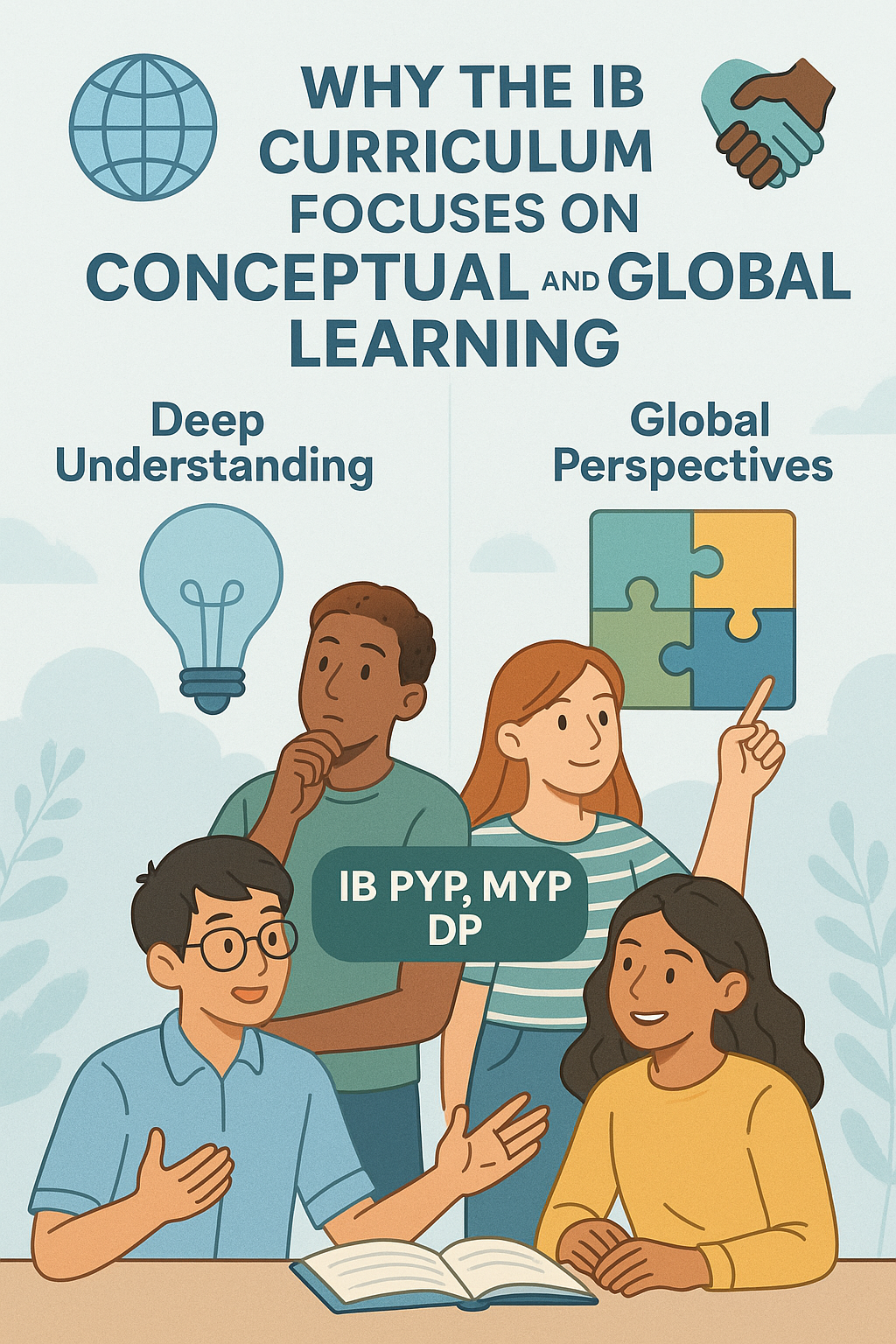
Learn why the IB curriculum focuses on conceptual and global learning, how IB PYP, MYP, and DP develop deep...
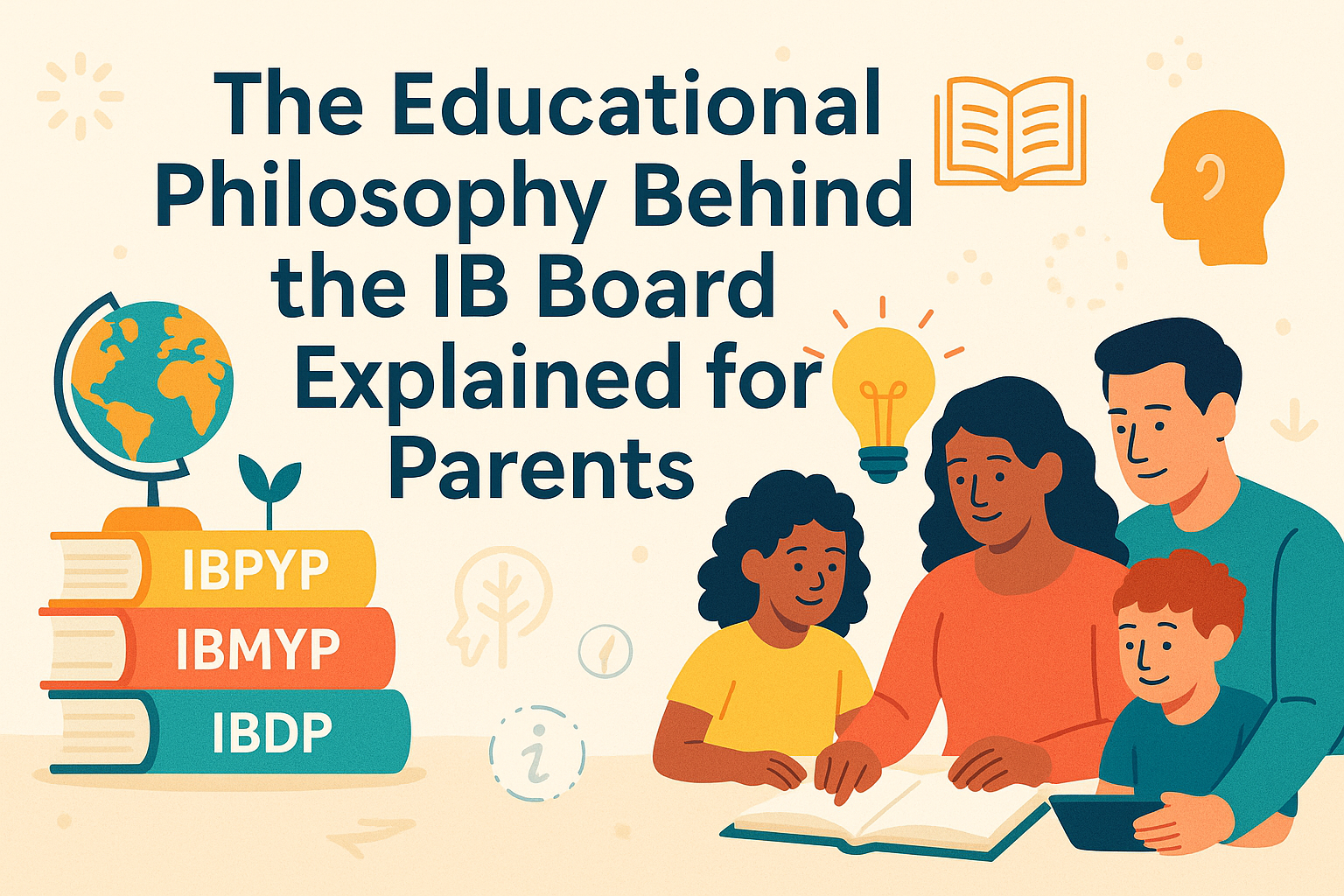
Understand the educational philosophy behind the IB board, including IB PYP, MYP, and DP, and learn how IB learning...
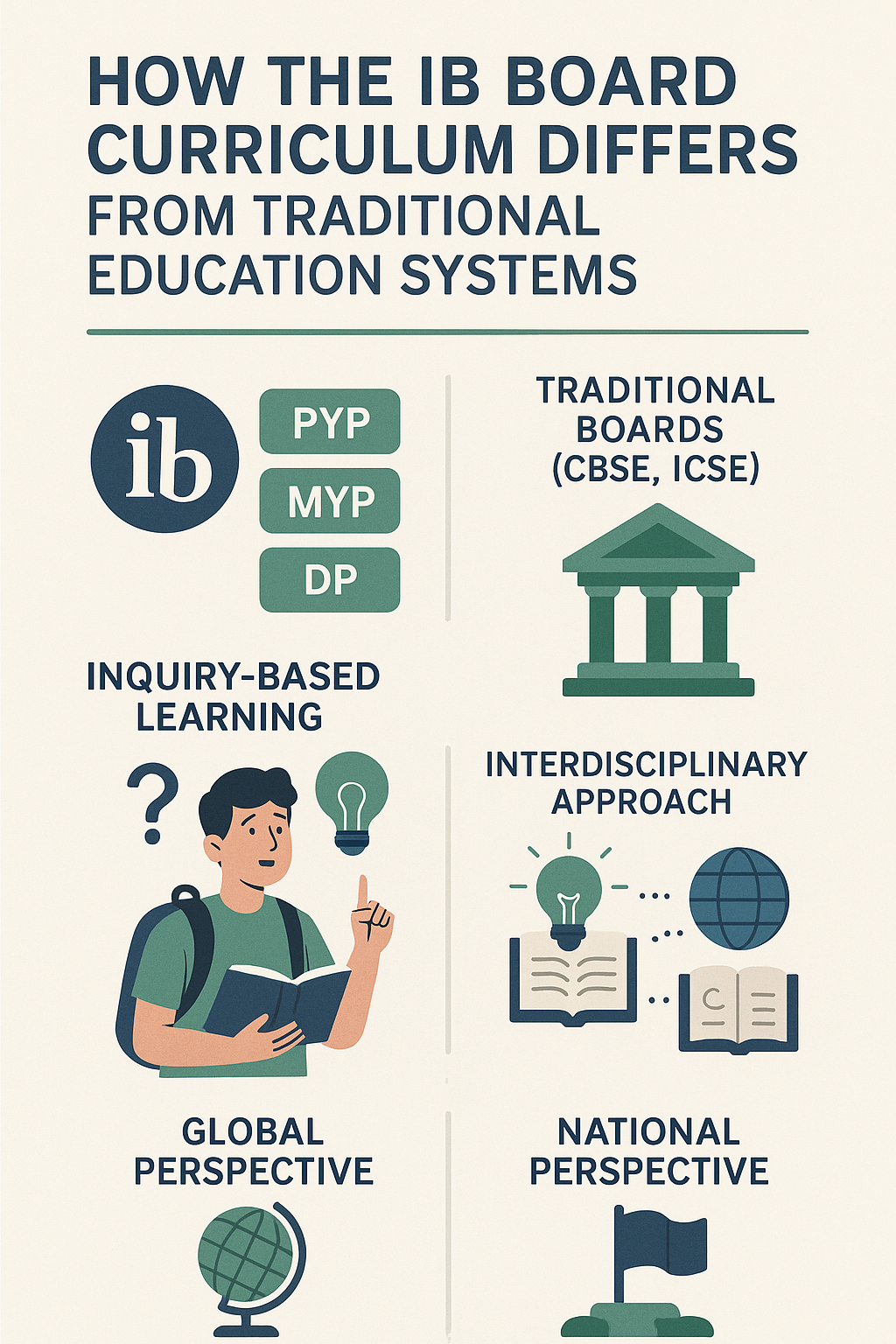
Explore how the IB board curriculum differs from traditional education systems like CBSE and ICSE, and understand IB...
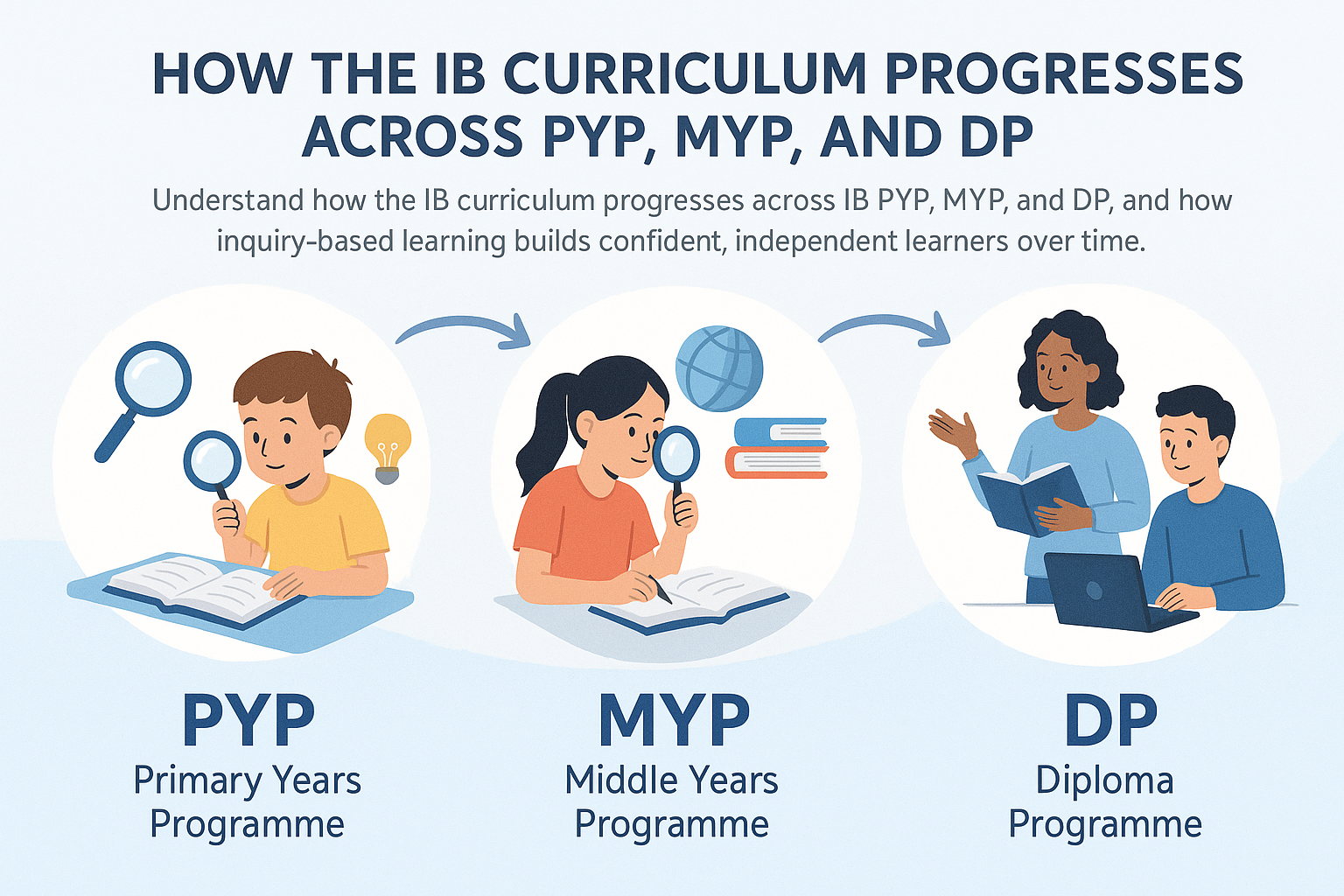
Understand how the IB curriculum progresses across IB PYP, MYP, and DP, and how inquiry-based learning builds...
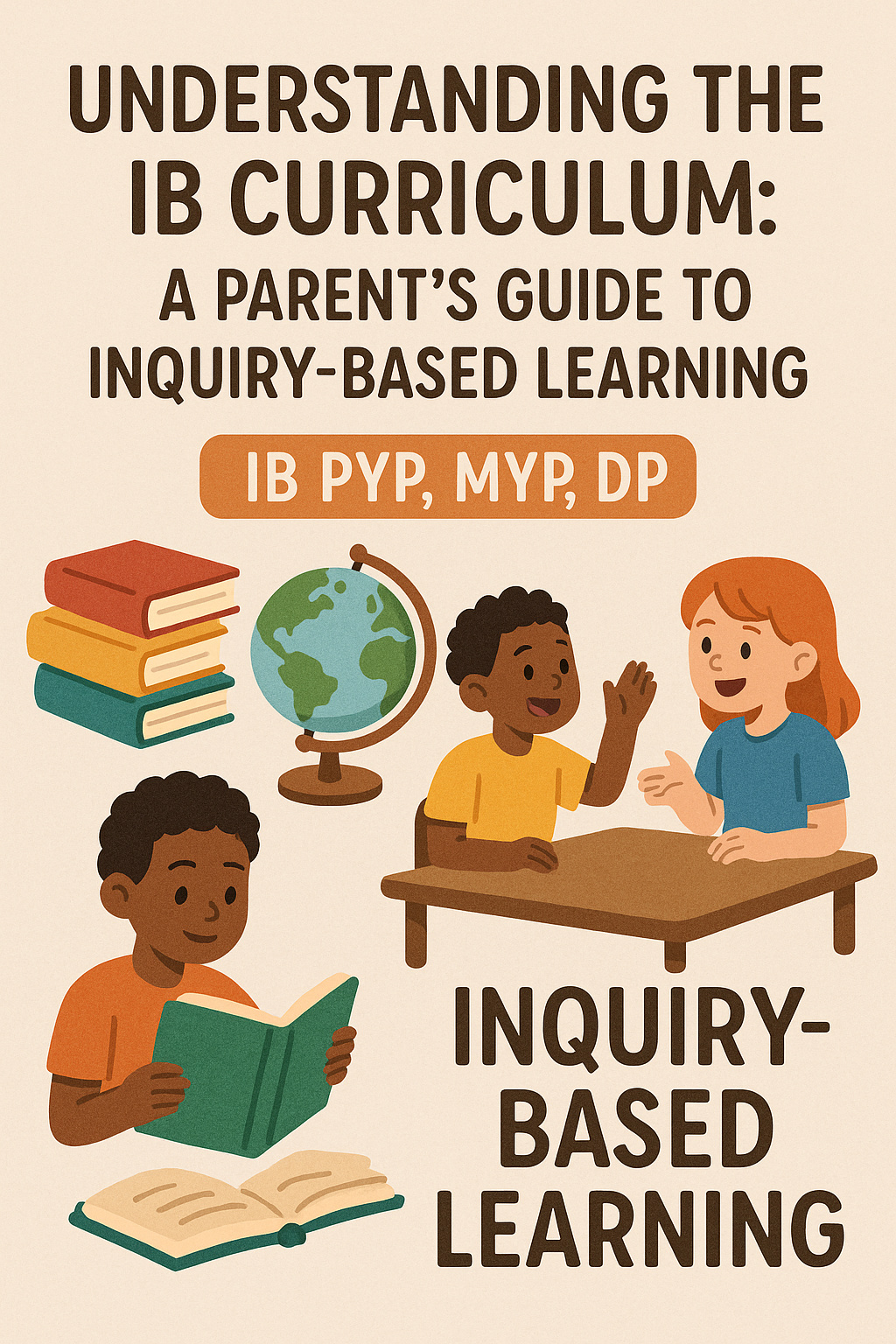
A parent friendly guide to understanding the IB curriculum, IB PYP, MYP, and DP, and how inquiry based learning...
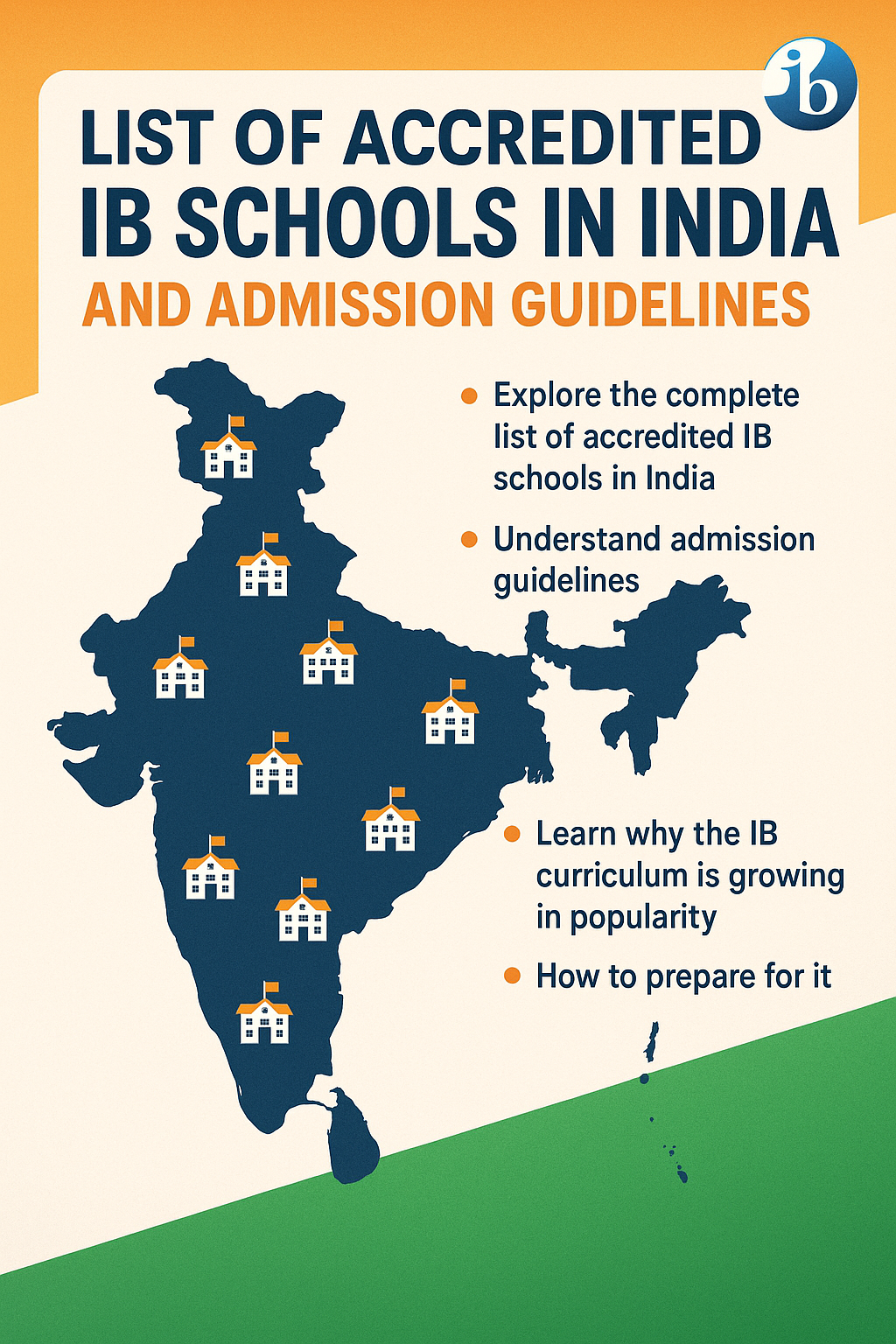
Explore the complete list of accredited IB schools in India and understand admission guidelines. Learn why the IB...

A complete guide for parents in Kolkata to understand the IB curriculum. Learn about PYP, MYP, IBDP stages,...

Discover the IB Diploma Programme curriculum, subject groups, core requirements, and benefits of IB. Learn how...

Thinking of joining the IB Programme? Learn about its rewards, challenges, and how AllRounder.ai can help you...

Discover the IB PYP curriculum framework, key learning areas, transdisciplinary themes, and how it nurtures lifelong...

Explore the IB syllabus structure, subject groups, and core components like TOK, CAS, and EE. A complete guide to IB...

Discover how the IB curriculum prepares students for Ivy League and top global universities. Explore skills,...

Explore how to choose IB subjects wisely. Learn about IB subject groups, HL vs SL, and combinations aligned with...

Understand the 10 IB Learner Profile attributes and why they matter in shaping global, future-ready students.

A detailed comparison of IB, CBSE, and ICSE boards. Learn about curriculum, teaching methods, and which board best...

Discover the IB Board – its global recognition, programs, and unique education philosophy.
Resources
-
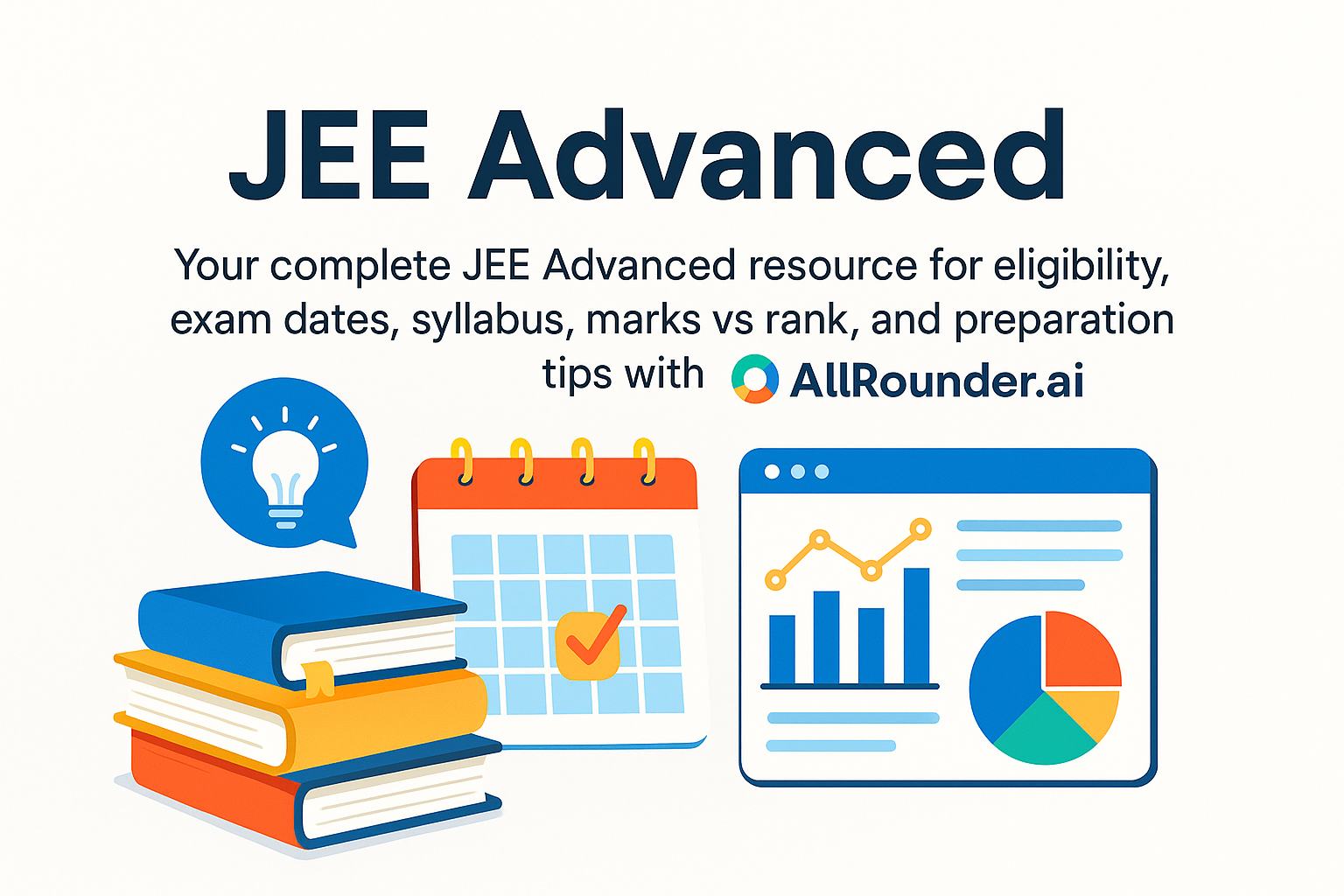
Your complete JEE Advanced resource for eligibility, exam dates, syllabus, marks vs rank, and...
-
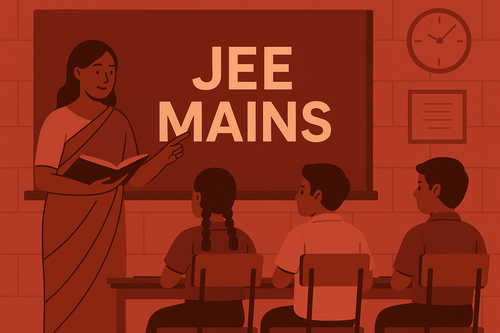
Understand the entire JEE Main process, from application and eligibility rules to the exam...
-

Explore the IB Board – a global curriculum emphasizing holistic, student-centered learning...
-

Learn about CBSE – India’s national school board offering a standardized curriculum, NCERT...
-

Explore everything about the ICSE board – its curriculum, subjects, exam format, and academic...
